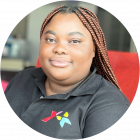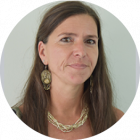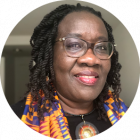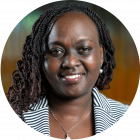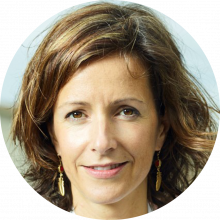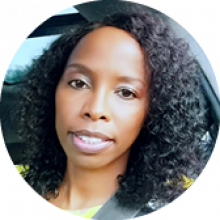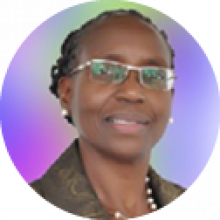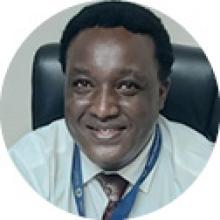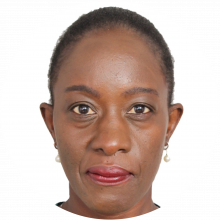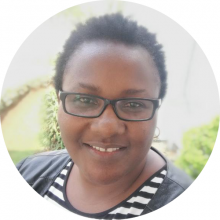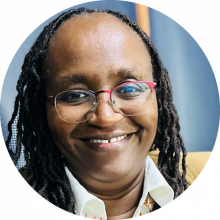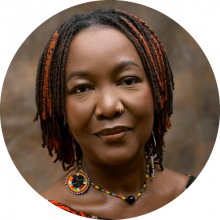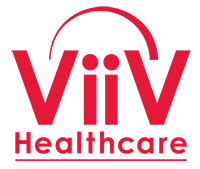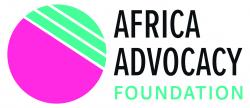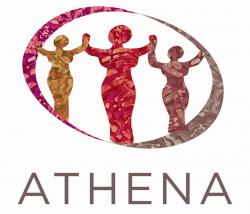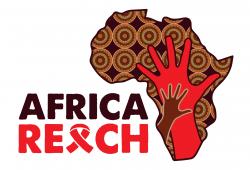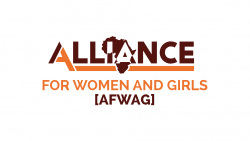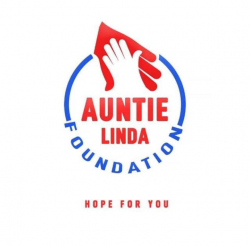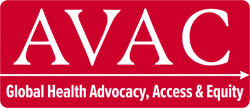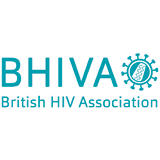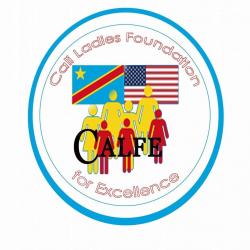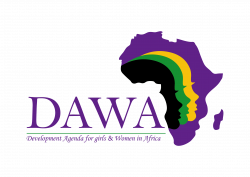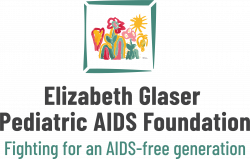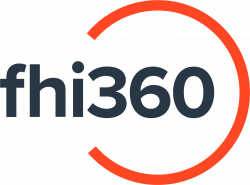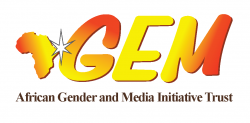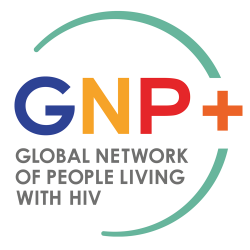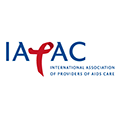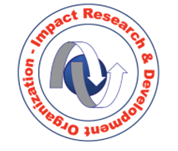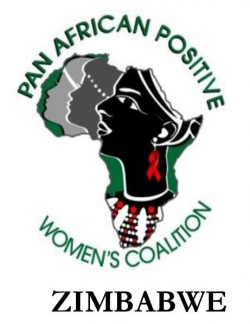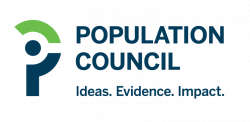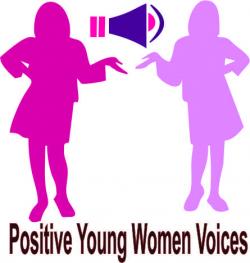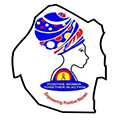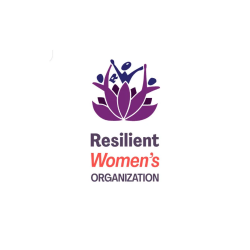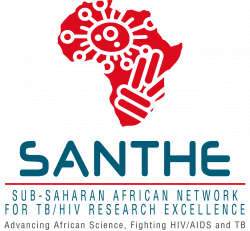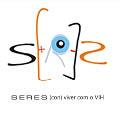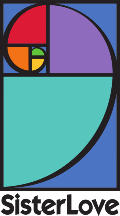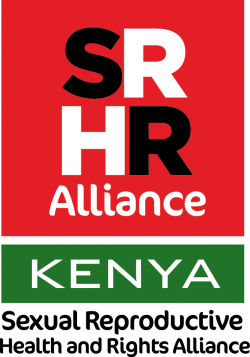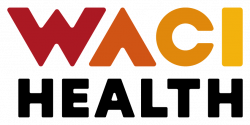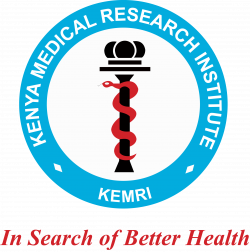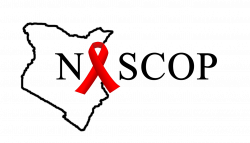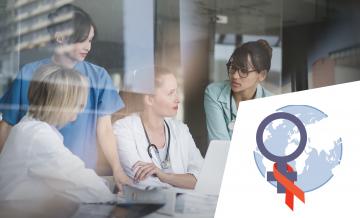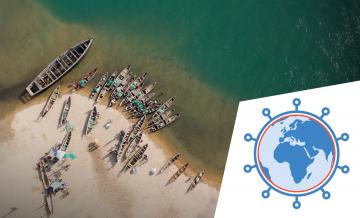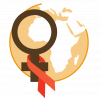

2nd African Workshop on Women & HIV 2025
Related Enduring Materials
Thursday, 27 February
Friday, 28 February
Welcome
The second edition of the African Workshop on Women & HIV took place in a live format on 27 - 28 February 2025 in Nairobi, Kenya.
This is a regional workshop paired to the annual “International Workshop on Women & HIV”. It is an outstanding opportunity for both local and international healthcare providers, researchers, government, industry, and community representatives to discuss and further increase their knowledge on the issues related to HIV and women living in Africa.
The primary purpose of this workshop is to support changes that will provide a better quality of life for women living with HIV and reduce HIV transmissions in the region.
The format of the workshop enables attendees to learn from renowned HIV experts, discuss challenges, gaps, and opportunities for further learning and research. It also provides a forum for early-career investigators to present their research and to personally meet with experts they view as mentors and inspiration for their work.
Workshop Chairs
General Information
- Strong Community Involvement
- Keynote Lectures
- Highly Interactive
- Panel Discussion
- Audience Discussion
- Researchers
- OBGYNs
- Government and NGO representatives
- Industry representatives
- Community advocates
- Pharmacists
- Medical Students
- Other healthcare providers involved in daily care of women living with HIV
- Summarize and promote the current state of the science regarding Women & HIV in Africa, and its successful translation and dissemination.
- Foster new and lasting cross-disciplinary partnerships and collaborations between researchers and women to improve knowledge sharing, with the end goal of improving the quality of life of women living with HIV.
Practical Information
Any individual who feels discriminated against, harassed, disrespected, or marginalized is encouraged to report the incident(s) to VE and AME via info@amededu.com or to one of our on-site personnel.
Any participant who is found to have exhibited any inappropriate conduct or behavior against others may be removed from the program.
Organizing Committee
The members of the Organizing Committee are a group of carefully selected experts and inspirational leaders in their respective fields. They meet frequently to discuss the scientific program of the workshop, identify interesting topics and candidate speakers, and review all submitted abstracts.
Scientific Committee
The members of Scientific Committee are hand-picked by the Organizing Committee and the conference secretariat based on their significant contributions and commitment to the field. They assist the Organizing Committee by providing them with suggestions for speakers and topics. In addition, members of the Scientific Committee participate in reviewing submitted abstracts, and play an active role during the workshop as moderators and/or chairs of sessions.
- Melissa-Rose Abrahams, PhD - University of Cape Town, South Africa
- Rashida Ferrand, PhD - London School of Hygiene & Tropical Medicine, United Kingdom
- Yvonne Gilleece, PhD - Brighton & Sussex Medical School, United Kingdom
- Hadiza Khamofu - FHI360, Nigeria
- Grace Kumwenda - AVAC, Malawi
- Eva Laker - Infectious Diseases Institute, Uganda
- Limakatso Lebina, MD - Africa Health Research Institute, South Africa
- Nombulelo Magula, PhD - University of KwaZulu-Natal, South Africa
- Cissy Kityo Mutuluuza, MD - Joint Clinical Research Centre, Uganda
- Dorcas Obiri-Yeboah, PhD - University of Cape Coast, Ghana
- Lynda Stranix-Chibanda, PhD - University of Zimbabwe, Zimbabwe
- Chido Dziva Chikwari, PhD - London School of Hygiene & Tropical Medicine (LSHTM), Zimbabwe
Support Our Initiative
Financial backing helps us deliver an impactful meeting experience to the benefit of healthcare professionals and researchers interested in the African Workshop on HIV & Women 2025.
This collaboration plays a vital role in both the organizational as well as scientific success of the program.
To show your commitment to the cause, get in touch with us for a tailored
support package by contacting Ms. Lara da Silva Miguel at Lara@amededu.com or call +31 30 2307147.
Benefits of Support
By supporting this program, we can offer the following advantages for your company.* Please contact us for the most recent support level benefits for this program.
- Symposium opportunities
- Non-commercial interviews with company representatives
- Verbal acknowledgement during the program
- Discounted and complimentary registrations for your representatives
- Company acknowledgement on digital meeting materials including but not limited to newsletters, flyers, the streaming platform, and our website
- Company acknowledgement on printed meeting materials including but not limited to banners and the program book
- Digital and printed advertising opportunities
- Social media shout-outs
- Logo on the conference bag
*Subject to the support level.
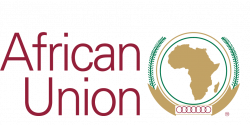
Endorsers
African Workshop on Women & HIV 2025 is endorsed by societies and organizations. Their support and collaboration are key to the success of this workshop!
A 25% discount on the academia registration fee is offered to members/employees of endorsers. Please reach out to your organization to obtain the applicable discount code.
If you would like your organization to endorse this workshop, please contact us at magda.sevlidou@amededu.com.
Previous Editions
Accreditation Statement

The African Workshop on Women & HIV 2025, Nairobi, Kenya 27/02/2025 - 28/02/2025 , has been accredited by the European Accreditation Council for Continuing Medical Education (EACCME®) with 11.5 European CME credits (ECMEC®s). Each medical specialist should claim only those hours of credit that he/she actually spent in the educational activity.
Through an agreement between the Union Européenne des Médecins Spécialistes and the American Medical Association, physicians may convert EACCME® credits to an equivalent number of AMA PRA Category 1 CreditsTM. Information on the process to convert EACCME® credit to AMA credit can be found at https://edhub.ama-assn.org/pages/applications .
Live educational activities, occurring outside of Canada, recognised by the UEMS-EACCME® for ECMEC®s are deemed to be Accredited Group Learning Activities (Section 1) as defined by the Maintenance of Certification Program of the Royal College of Physicians and Surgeons of Canada.
